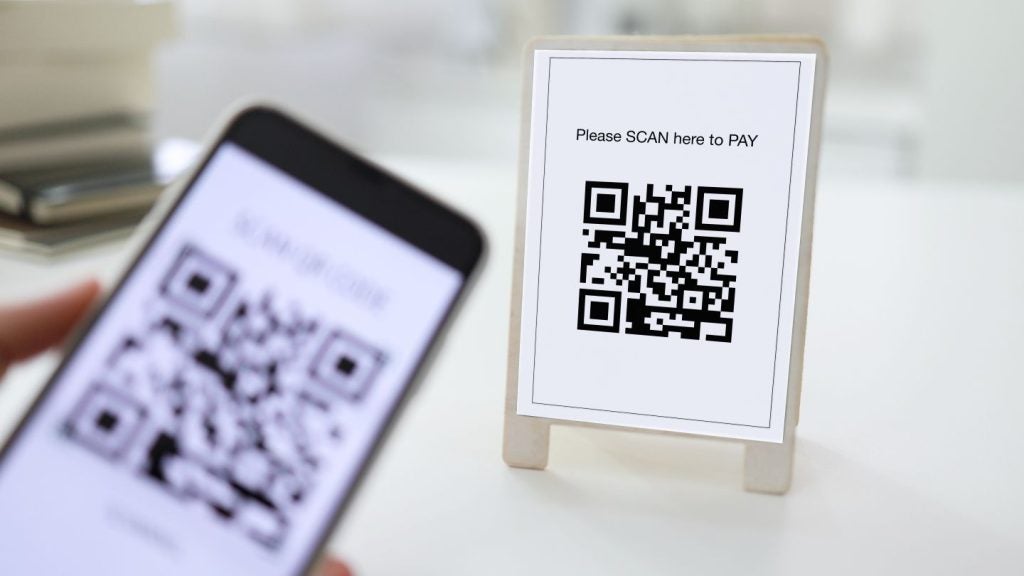As one of the most innovative payment markets in Europe, if not the world, Turkey is currently excelling in this sphere. Other markets are beginning to take notice and are rushing to grab their share.
As one of the most innovative payment markets in Europe, if not the world, Turkey is currently excelling in this sphere. Other markets are beginning to take notice and are rushing to grab their share.

Access deeper industry intelligence
Experience unmatched clarity with a single platform that combines unique data, AI, and human expertise.
Turkey’s payment cards market is one of the most highly competitive and attractive in Europe, and is known for its emphasis on innovation. A wide range of factors – such as successful economic performance, young population, qualified and competitive labor force, liberal and reformist investment climate, well-developed infrastructure, strategic geographical position, low tax rates and incentives and a large domestic market, as well as customs union with the European Union (EU) – make Turkey an appealing market to banks and card issuers. Consequently, the Turkish payment cards market flourished during the review period (2010-2014). In terms of transaction value and volume, the Turkish payment cards market accounted for respective shares of 6.2% and 5.8% in the European region in 2014.
Cashless payments enables growth of card payments
While cash continues to be an important part of the overall payments system, it is increasingly being displaced by payment cards. To capitalise on consumer preferences, banks and card issuers have adopted various marketing and pricing strategies to encourage customers to increase card-based payments. Common strategies include offers, product discounts, reward points and insurance cover.
Additionally, leading banks and the Interbank Card Centre of Turkey (BKM) have conducted various marketing initiatives to create consumer awareness of the benefits of payment cards and to encourage consumers to opt for cashless payments, such as the ‘Bye Bye Cash’ campaign, with the aim to eliminate cash entirely by 2023.
BKM intends to raise awareness regarding debit card use for all transactions, increase total frequency of card use, make new users aware of card features and encourage merchants to direct its clients to cards. With campaigns and initiatives from Turkish authorities, payment card transaction values and volumes are projected to increase over the forecast period.

US Tariffs are shifting - will you react or anticipate?
Don’t let policy changes catch you off guard. Stay proactive with real-time data and expert analysis.
By GlobalDataFurthermore, in contrast to payment at physical retail outlets, most online payments are being made without using cash, with alternative payment instruments becoming increasingly important. Examples include BKM Express, PayMobile, 3pay and iyzi Payments, among others. Such alternative payment instruments are not only complementing traditional cashless payment instruments, but are also increasingly displacing them.
Increasing presence of foreign banks escalate competition
The Turkish cards and payments industry is dominated by domestic banks, which generally have strong loyal customer bases. Competition is intensifying, however, with increasing international presence and the introduction of contactless technology and a mobile wallet. Leading global banks such as Citibank, HSBC and ING Bank also strengthened their presence in Turkey.
To compete, domestic banks have begun to introduce innovative products and expand the banking infrastructure. Almost all leading banks such as YapiKredi, Ziraat Bank and ??????bank have invested in new innovative products, services and marketing campaigns during the review period.
Reward and discount programs, customised cards and co-branded products are time and again being developed by domestic banks in order to retain market share.
New regulations are expected to curb the rising credit card debt
Increased competition has caused banks to create new strategies to attract more customers.
Rewards and bonus points are some of the most common features which banks offer on credit card purchases. Customers can accumulate points and redeem them for exciting offers such as shopping discounts and free or discounted air tickets.
Banks in Turkey charge higher interest rates for credit card borrowing than for consumer loans. The Central Bank of the Republic of Turkey (CBRT) therefore advises credit card holders with short-term credit needs to seek a consumer loan, rather than borrowing on credit cards.
Credit cards
Outstanding credit card debt in the country grew significantly during the review period, going from $156.0bn (TRY234.5 bn) to $212.3bn at a CAGR of 8.01%.
Amid this mounting credit card debt, the Banking Regulation and Supervision Agency (BDDK) introduced a new set of credit card regulations in October 2013.
Under these regulations, payment in instalments is limited to six months for purchases in electronics, jewellery and car rental, while it is limited to a maximum of 12 months for purchases of domestic appliances and furniture. Furthermore, the minimum monthly payment on credit card dues has been increased from 25% to 30%.
Payments in instalments will be allowed at grocery stores or for gasoline purchases. The new restrictions on credit card installments, along with the latest regulations regarding minimum payment amounts and limits, are expected to slow the growth of the credit cards market.







